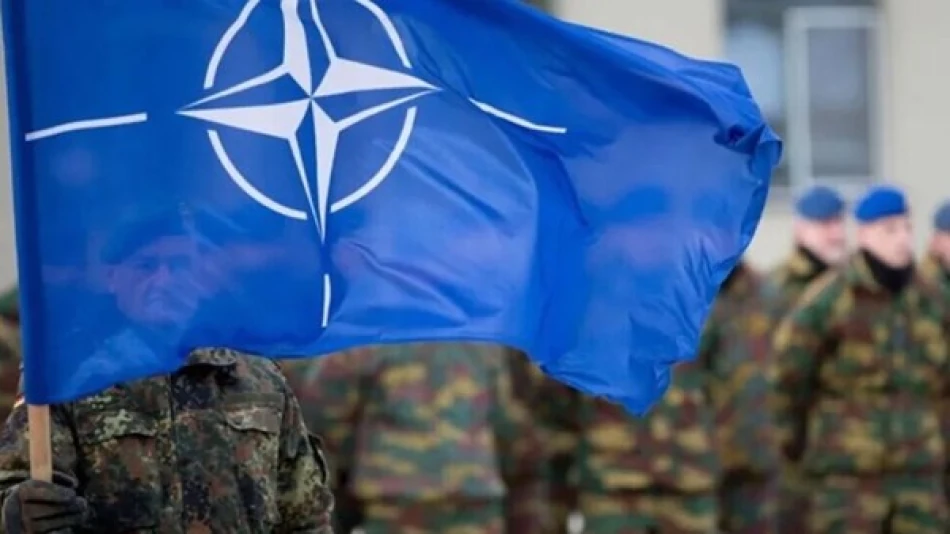
Estonia Affirms NATO as Ukraine's Strongest Security Safeguard
Estonia's Defense Chief: NATO Membership is Ukraine's Only Real Security Guarantee
Estonia's Defense Minister Hanno Pevkur delivered a pointed message on Friday, declaring that Ukraine's membership in NATO represents the strongest and most viable security guarantee for the war-torn nation. The statement underscores growing momentum among Eastern European allies to fast-track Ukraine's integration into the Western military alliance, despite ongoing resistance from some member states.
Baltic States Lead the Charge for Ukrainian Integration
Pevkur's comments reflect the increasingly assertive stance taken by the Baltic nations—Estonia, Latvia, and Lithuania—who view Ukraine's NATO membership as essential not just for Kyiv's security, but for regional stability. These countries, having experienced Soviet occupation and Russian pressure firsthand, understand the strategic imperative of bringing Ukraine firmly into the Western security architecture.
Estonia's position carries particular weight given its own successful transition from Soviet satellite state to NATO member in 2004. The Baltic experience demonstrates how former Soviet territories can integrate into Western institutions while maintaining security against Russian aggression.
The Security Guarantee Debate
The Estonian defense minister's statement comes as Western allies grapple with what meaningful security assurances for Ukraine might look like in any future peace settlement. Traditional security guarantees—bilateral defense agreements or multilateral frameworks short of NATO membership—have proven inadequate in deterring Russian aggression, as evidenced by the 2022 invasion despite the 1994 Budapest Memorandum.
Why NATO Membership Matters
Article 5 of the NATO charter, which treats an attack on one member as an attack on all, represents the gold standard of security guarantees in the post-war international system. Unlike bilateral agreements or UN Security Council resolutions, NATO's collective defense mechanism has never been successfully challenged by a major power.
For Ukraine, NATO membership would provide the institutional framework and military integration necessary to deter future Russian aggression while enabling long-term defense planning and modernization.
Strategic Implications for European Security
Estonia's advocacy for Ukrainian NATO membership reflects broader concerns about European security architecture. The Baltic states recognize that a Ukraine left in a security gray zone—neither fully Western nor under Russian influence—creates long-term instability that threatens the entire region.
This perspective aligns with the domino theory of security: if Ukraine falls outside Western security structures, other former Soviet states may become vulnerable to Russian pressure, potentially destabilizing the entire Eastern European security framework that has maintained peace since the Cold War's end.
Obstacles and Timeline Challenges
Despite Estonian enthusiasm, significant hurdles remain for Ukrainian NATO membership. Key allies, including Germany and the United States, have expressed concerns about admitting a country actively at war, fearing automatic involvement in the conflict through Article 5 obligations.
The precedent of admitting nations with territorial disputes also raises complex questions about NATO's expansion criteria and the alliance's risk tolerance. However, Estonia's position suggests that these concerns may be outweighed by the strategic necessity of providing Ukraine with credible security guarantees.
Most Viewed News

 Layla Al Mansoori
Layla Al Mansoori






